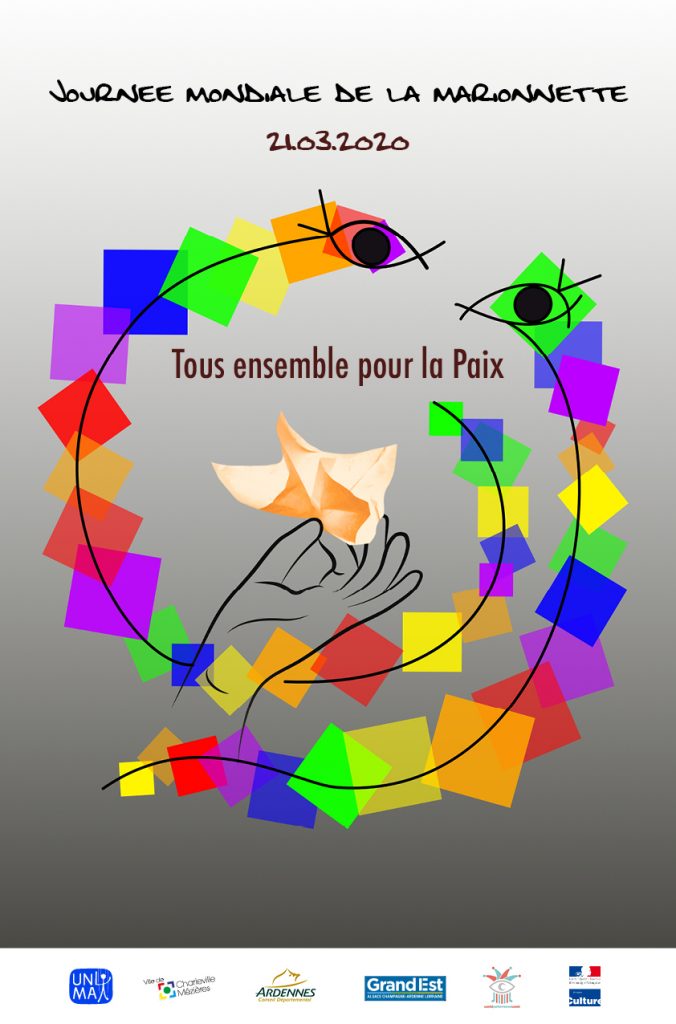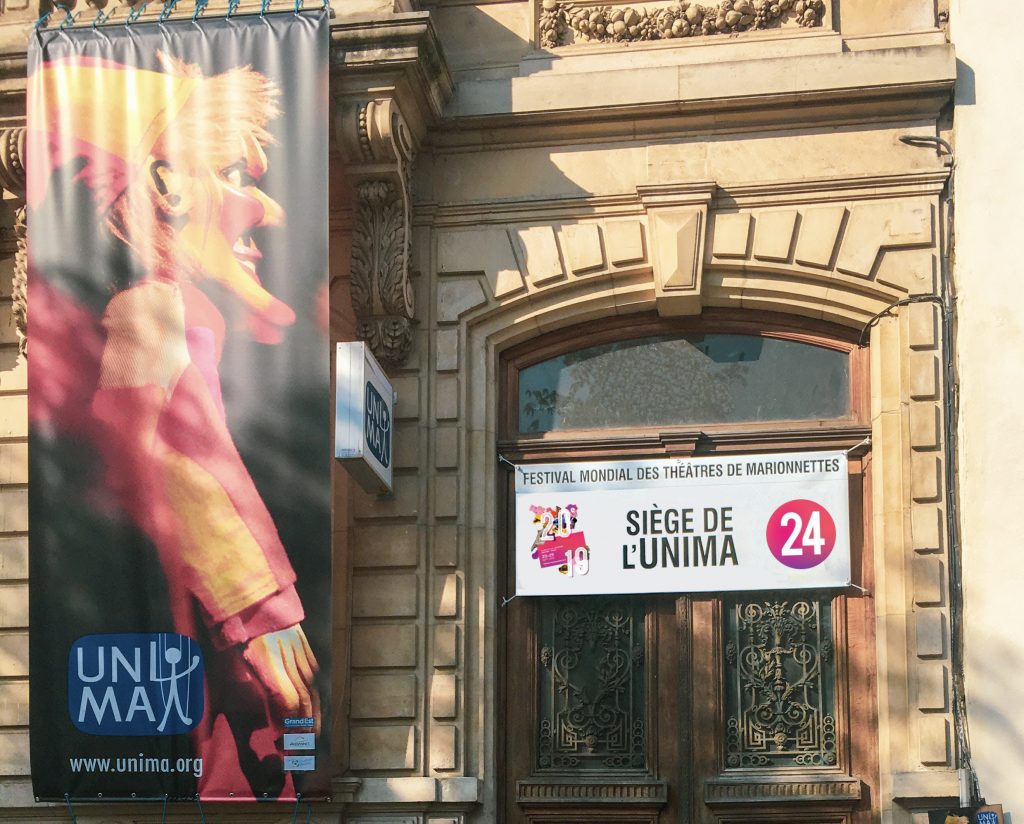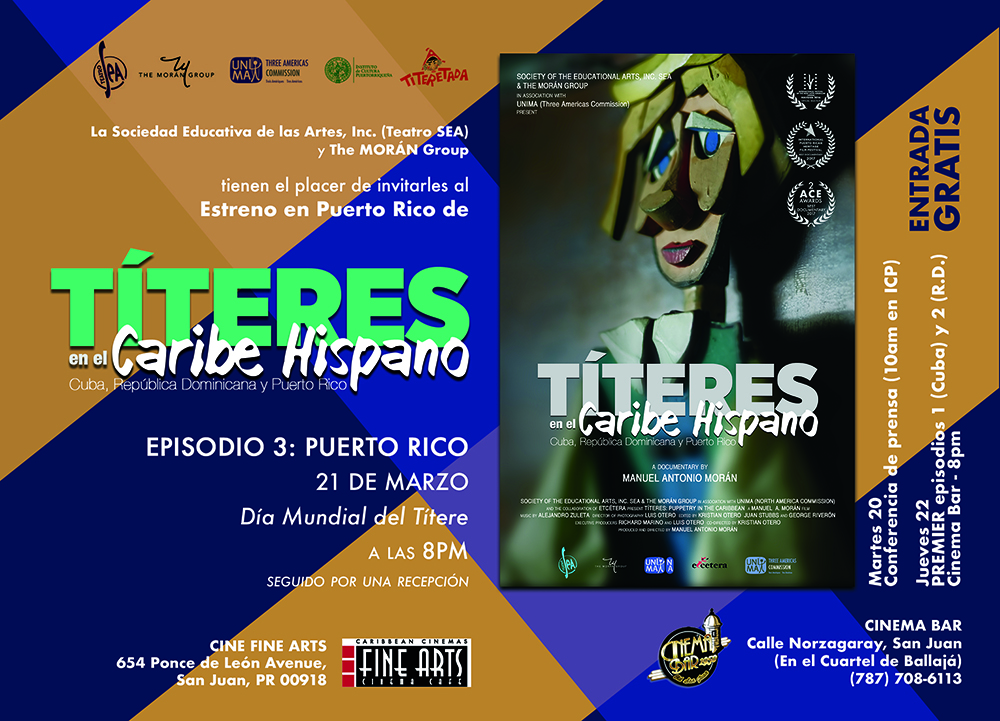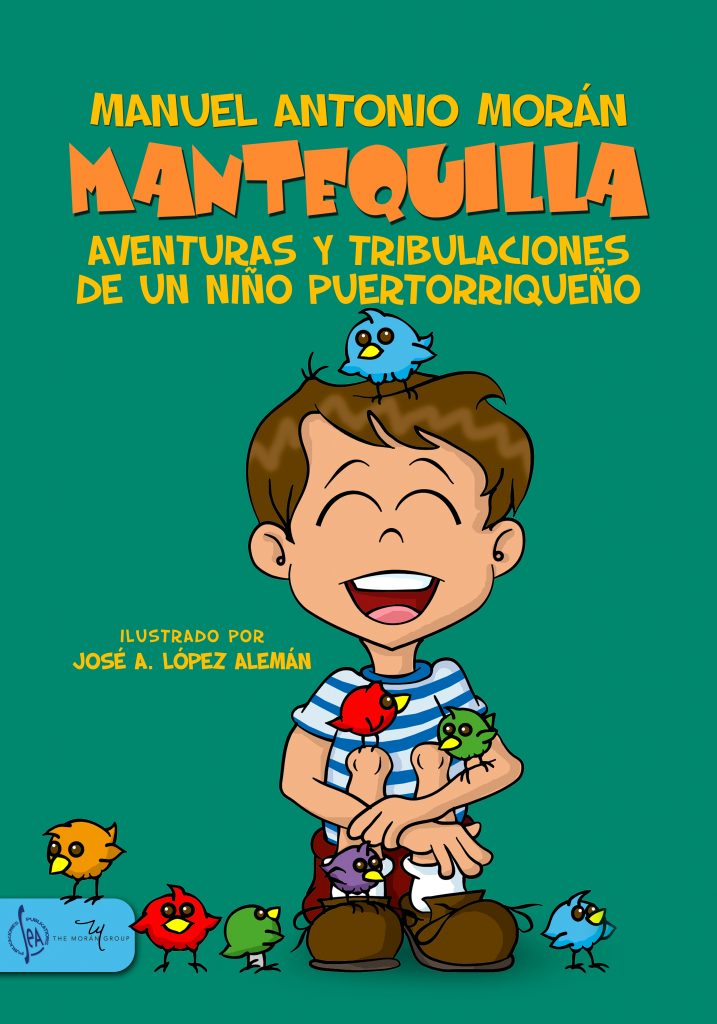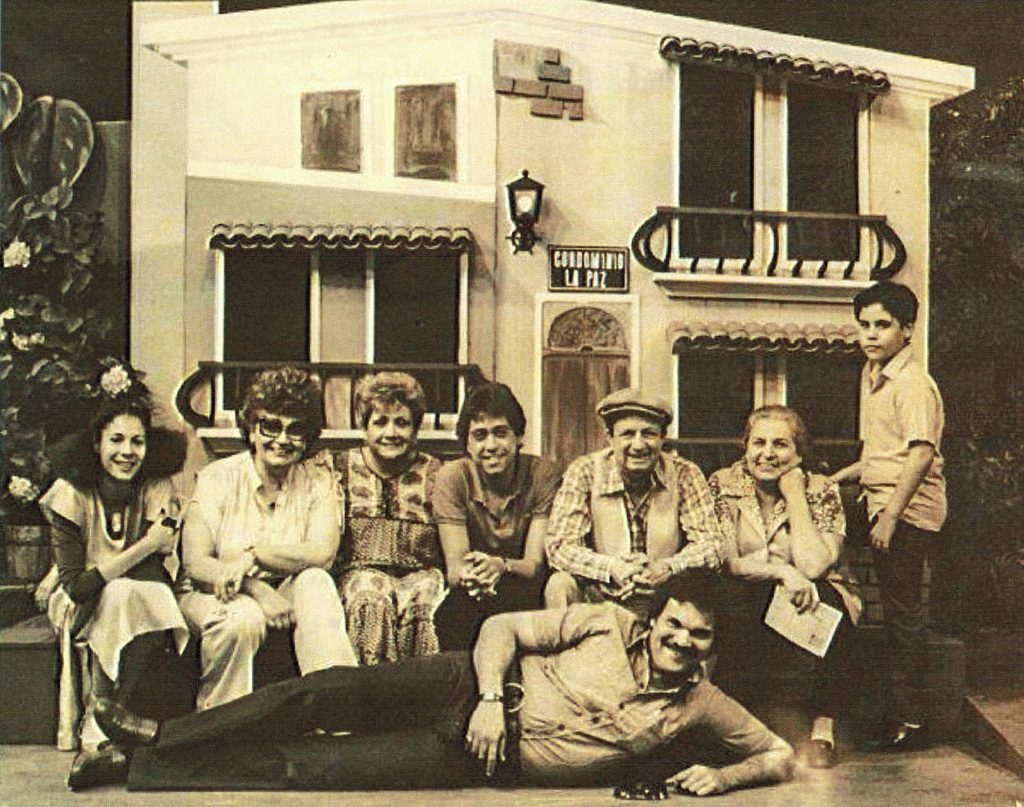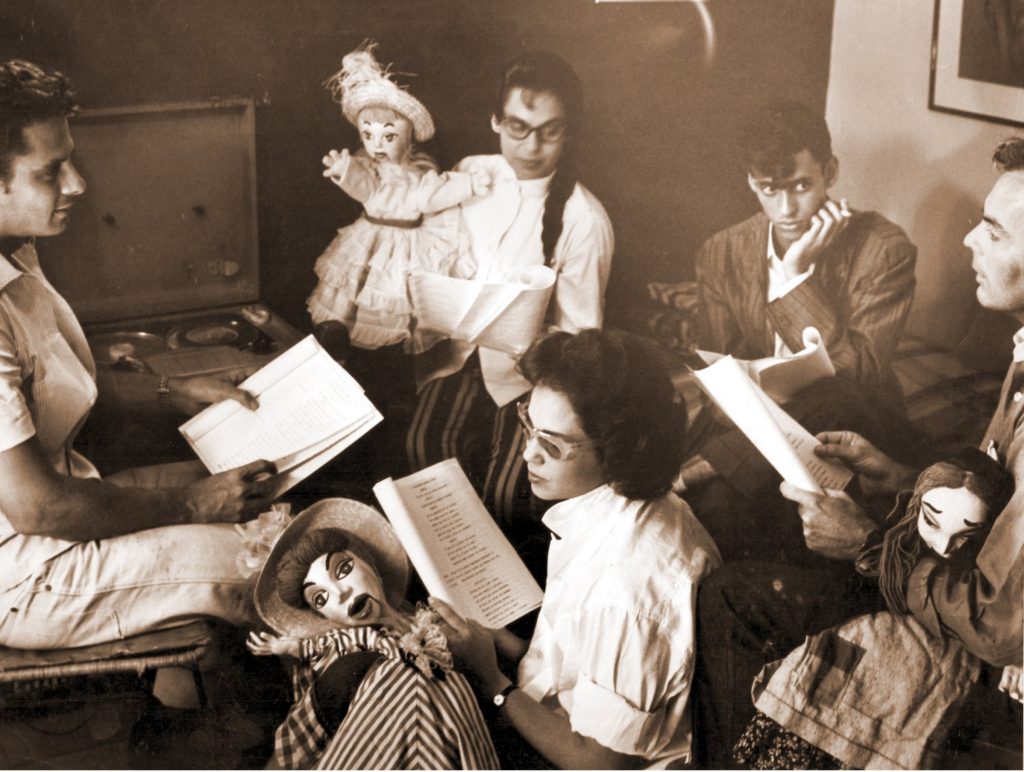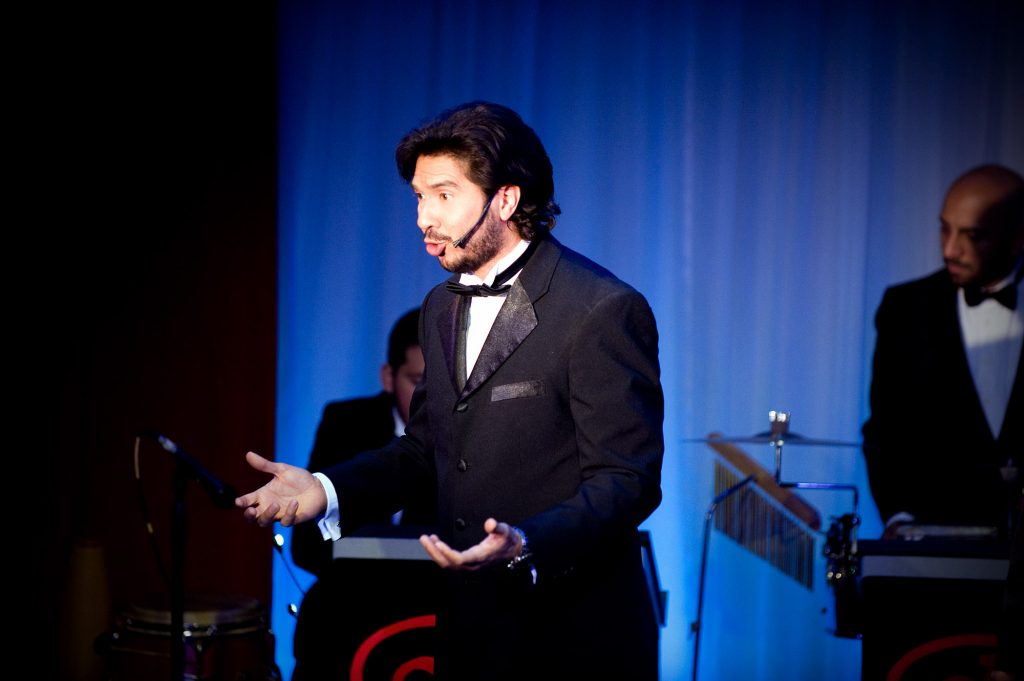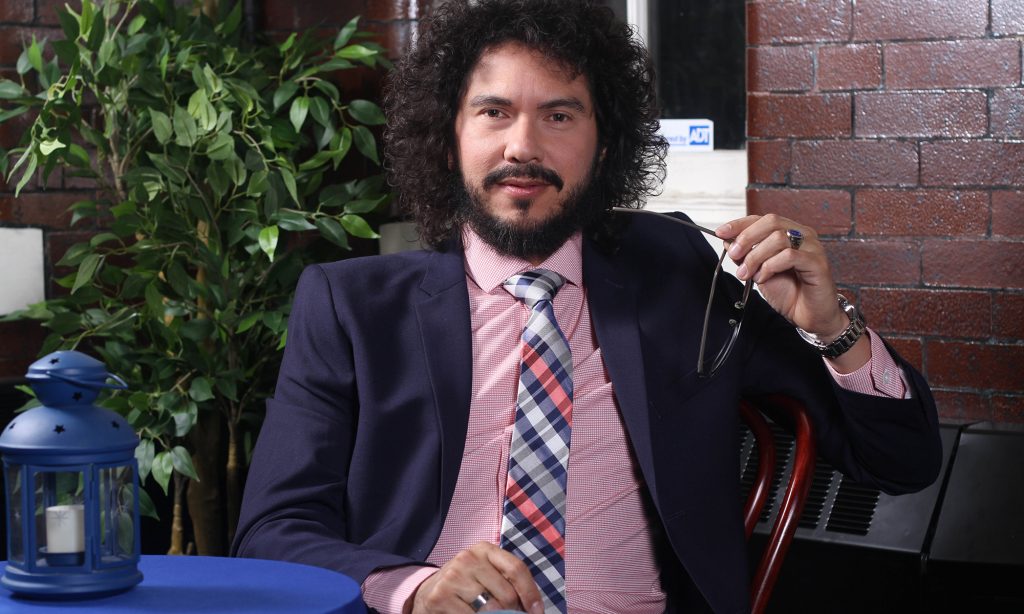VOICES OF AMERICA FOR PEACE | VOCES DE AMÉRICA POR LA PAZ
Previous Next Home CV NEWS Press Characters Gallery GRUPO MORÁN Contact XIV BIENAL INTERNACIONAL DE TITERES DE PUERTO RICO La XIV Bienal Internacional de Títeres de Puerto Rico se le dedica a Manuel Morán By Manuel Antonio Morán, Ph.D. La XIV Bienal Internacional de Títeres de Puerto Rico dará inicio al Festival de Teatro de Puerto Rico […]
VOICES OF AMERICA FOR PEACE | VOCES DE AMÉRICA POR LA PAZ Read More »


